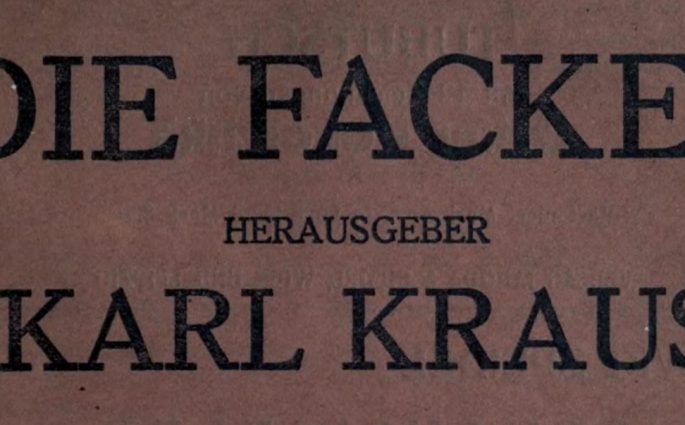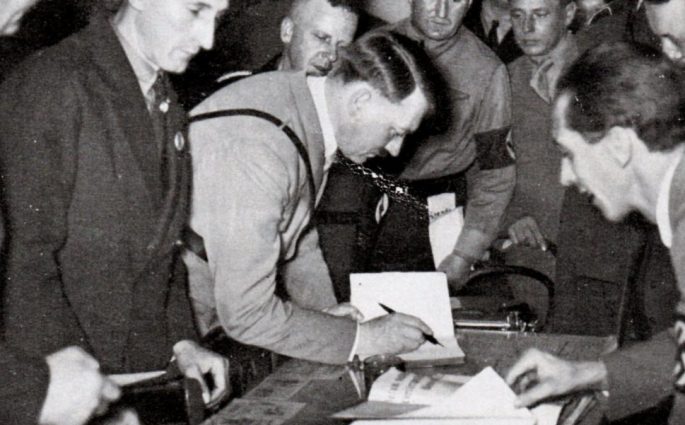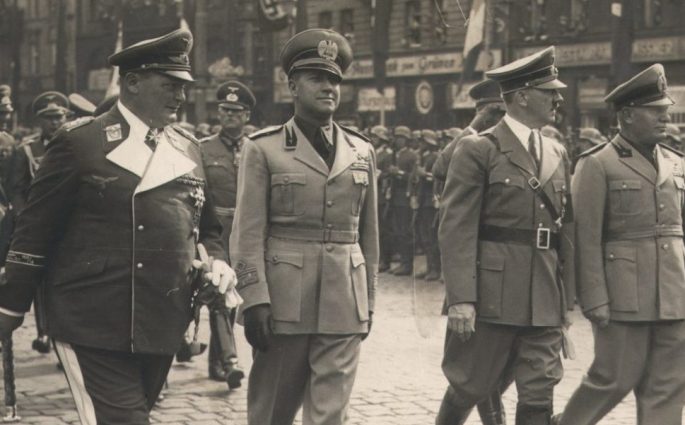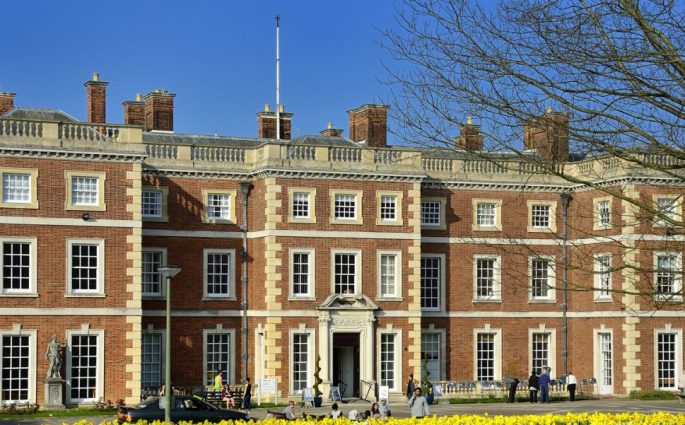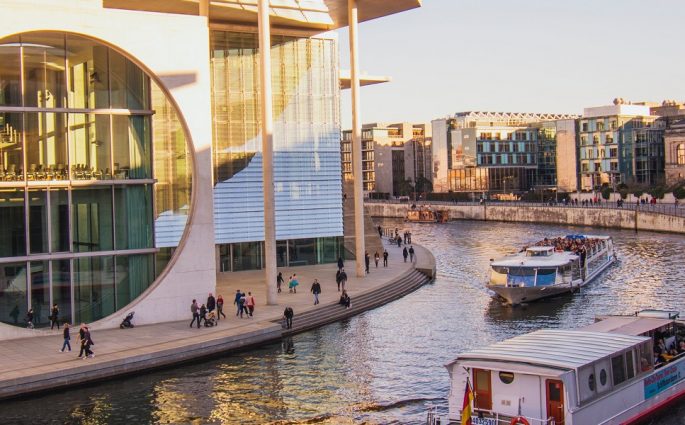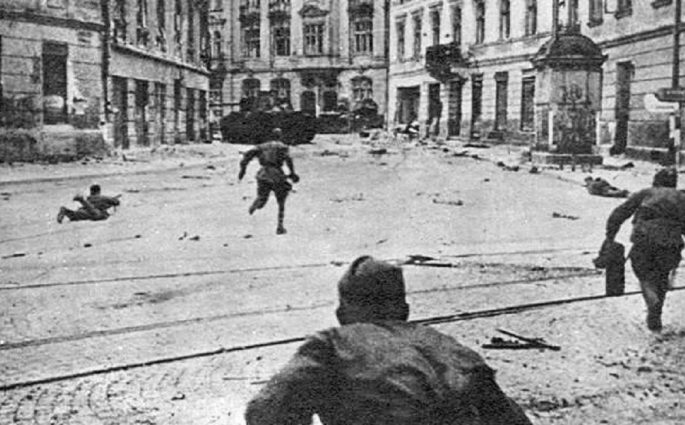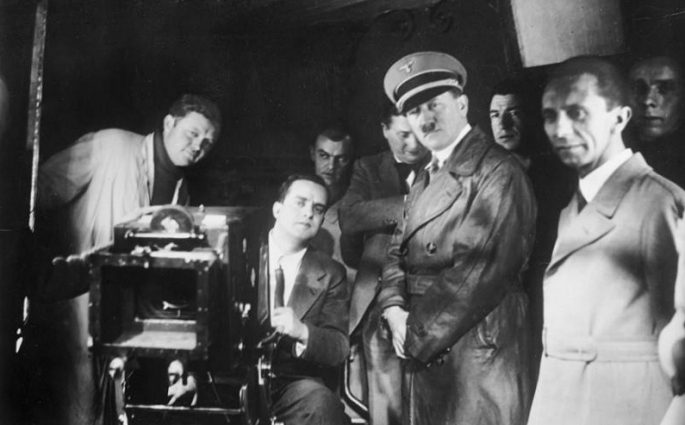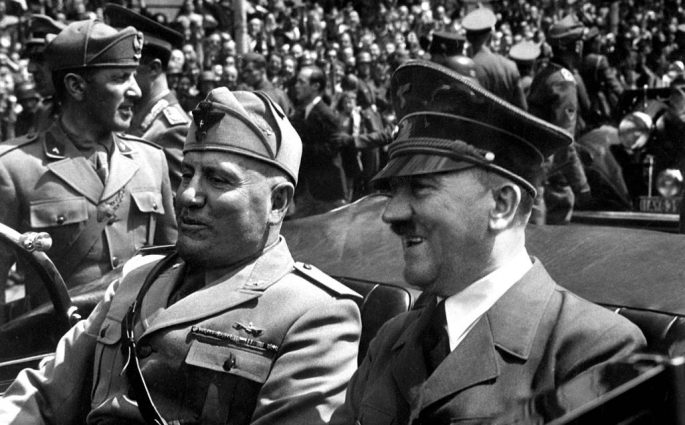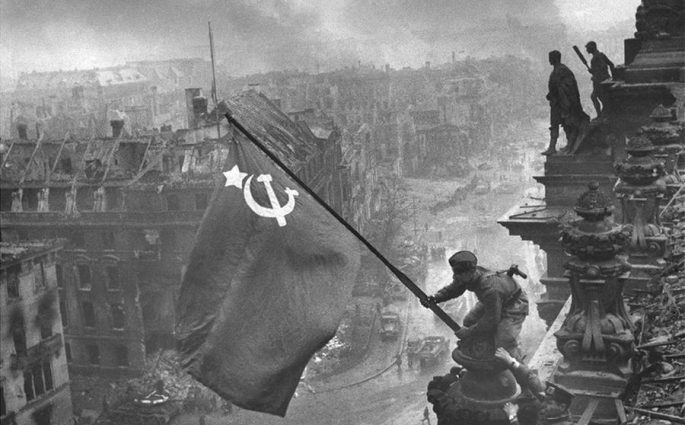The Verbal Imperialism of “Germany, Awaken!”
Karl Kraus— A literary man sensitive to fine writing might even understand my position and recognise that, in the journalism and rhetoric of the new creed, we have not seen or heard a single German verbal expression that has not belied its purported content. Among the many neologisms inspired by

